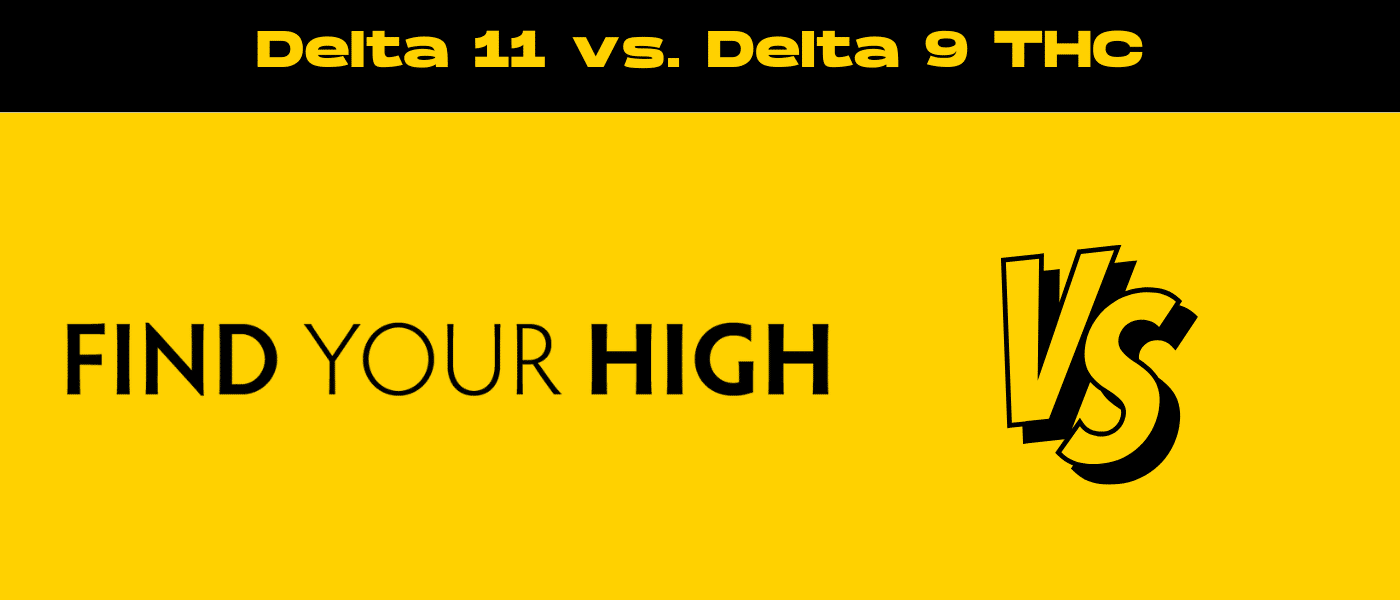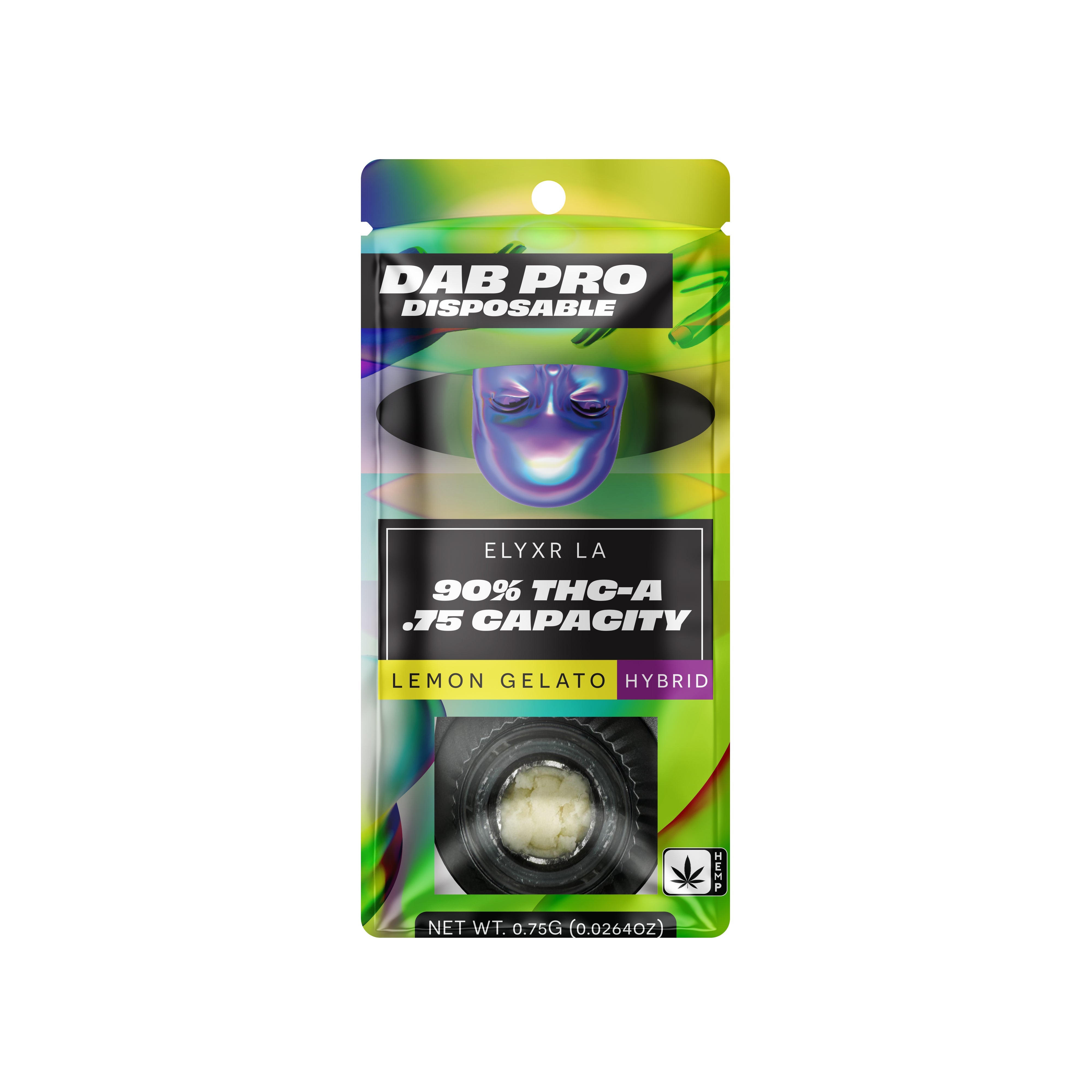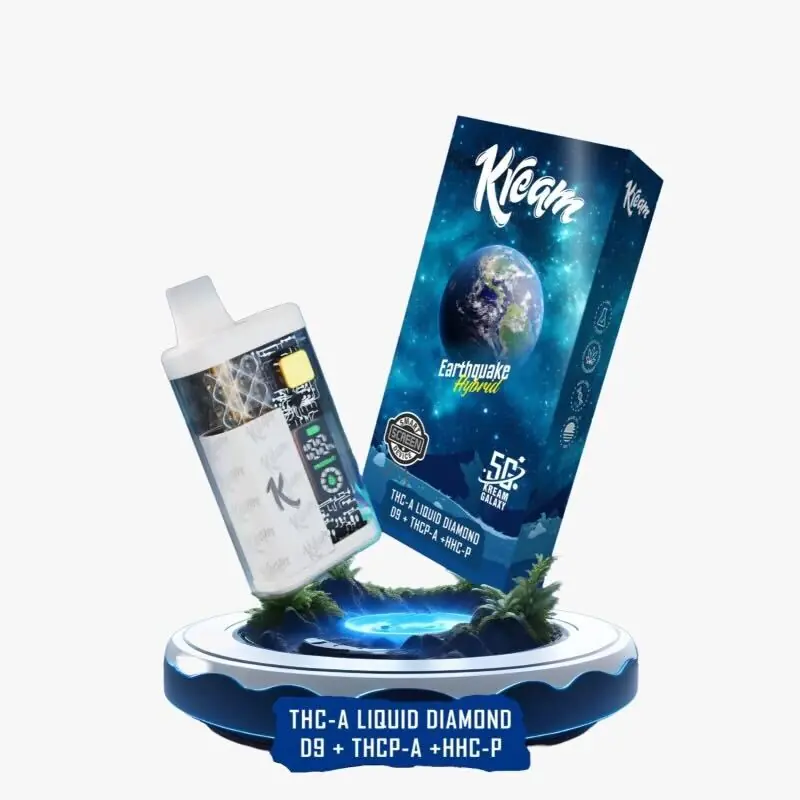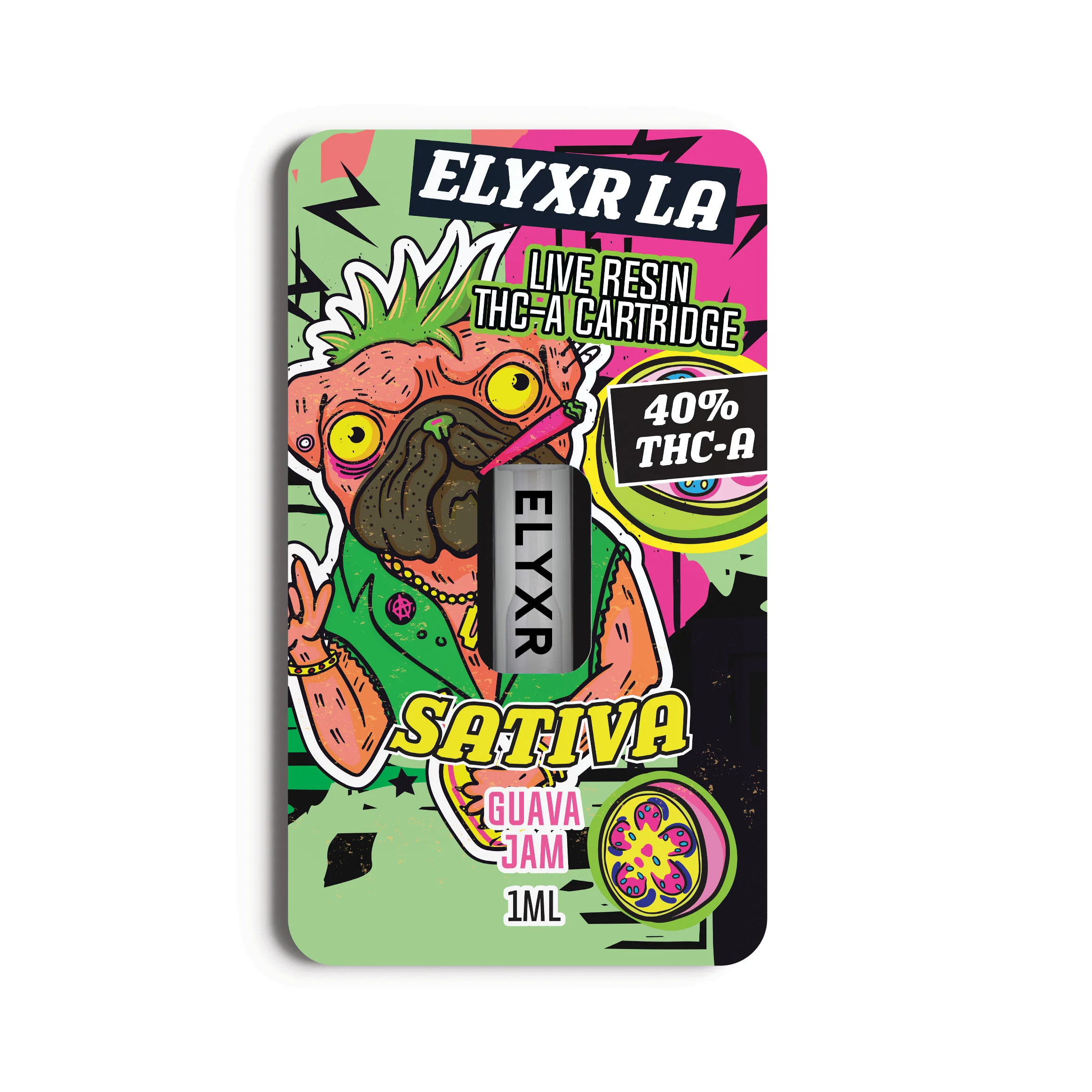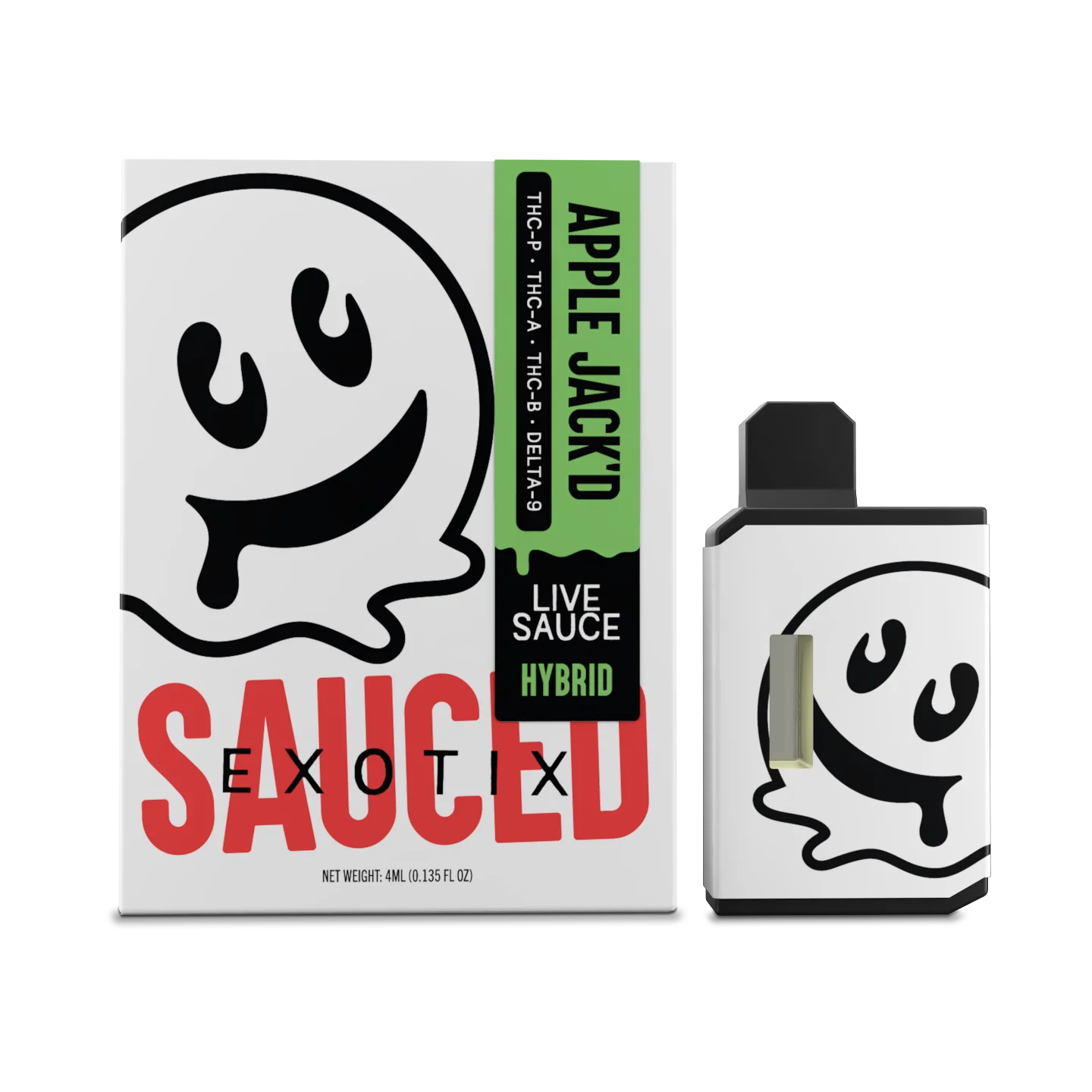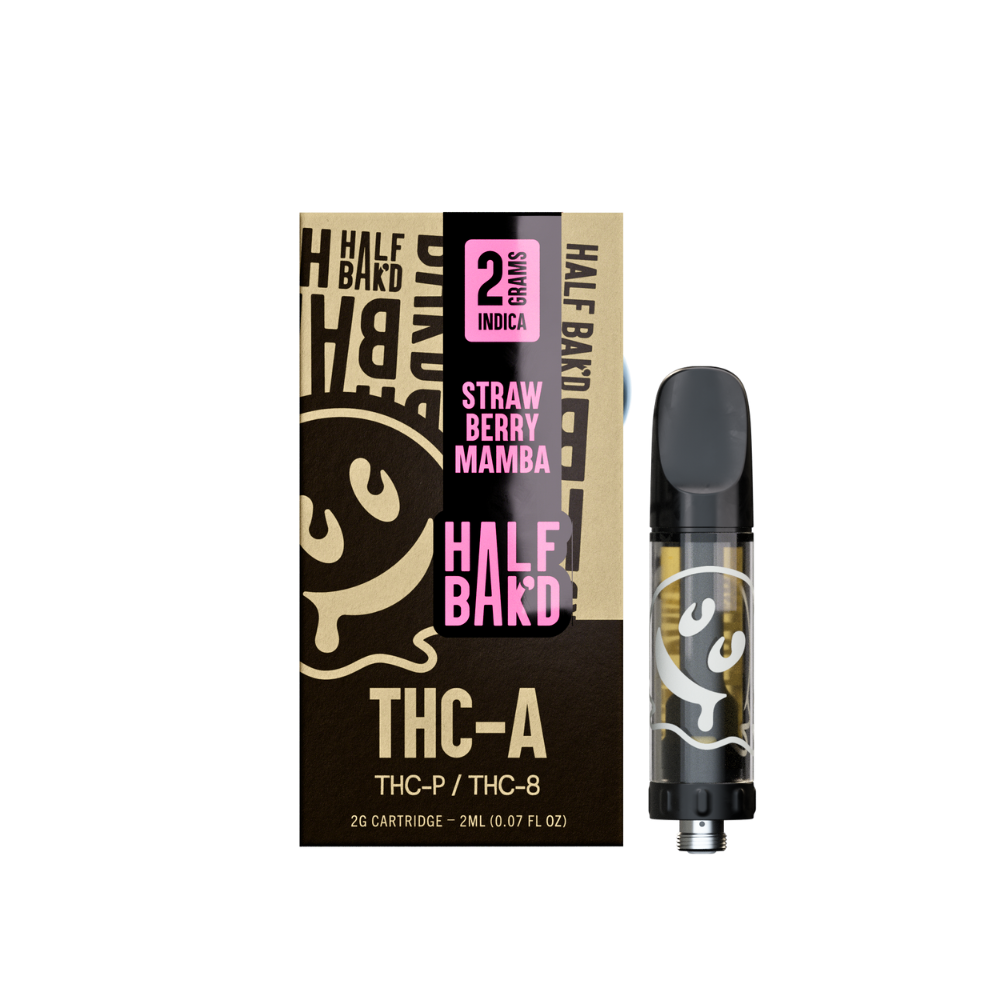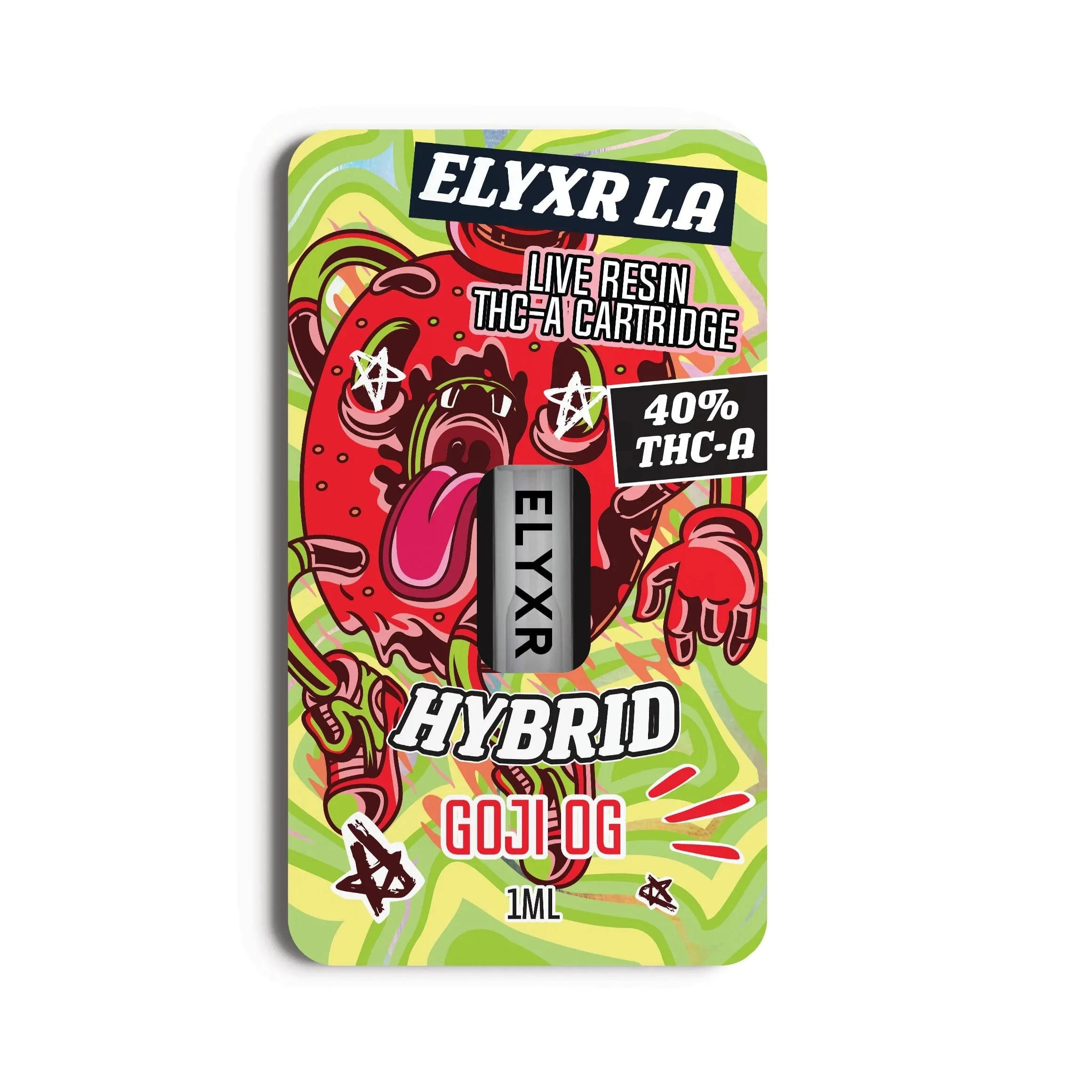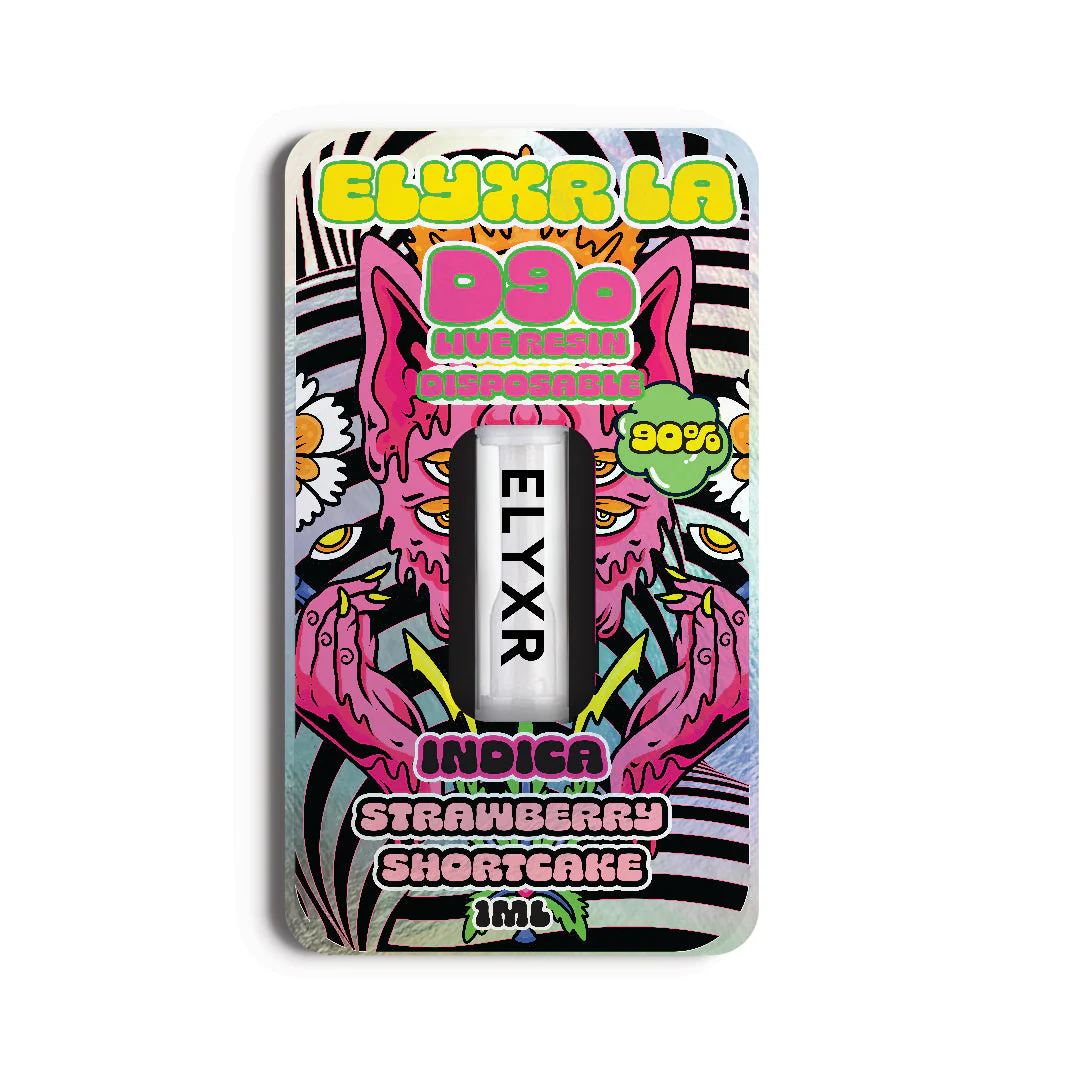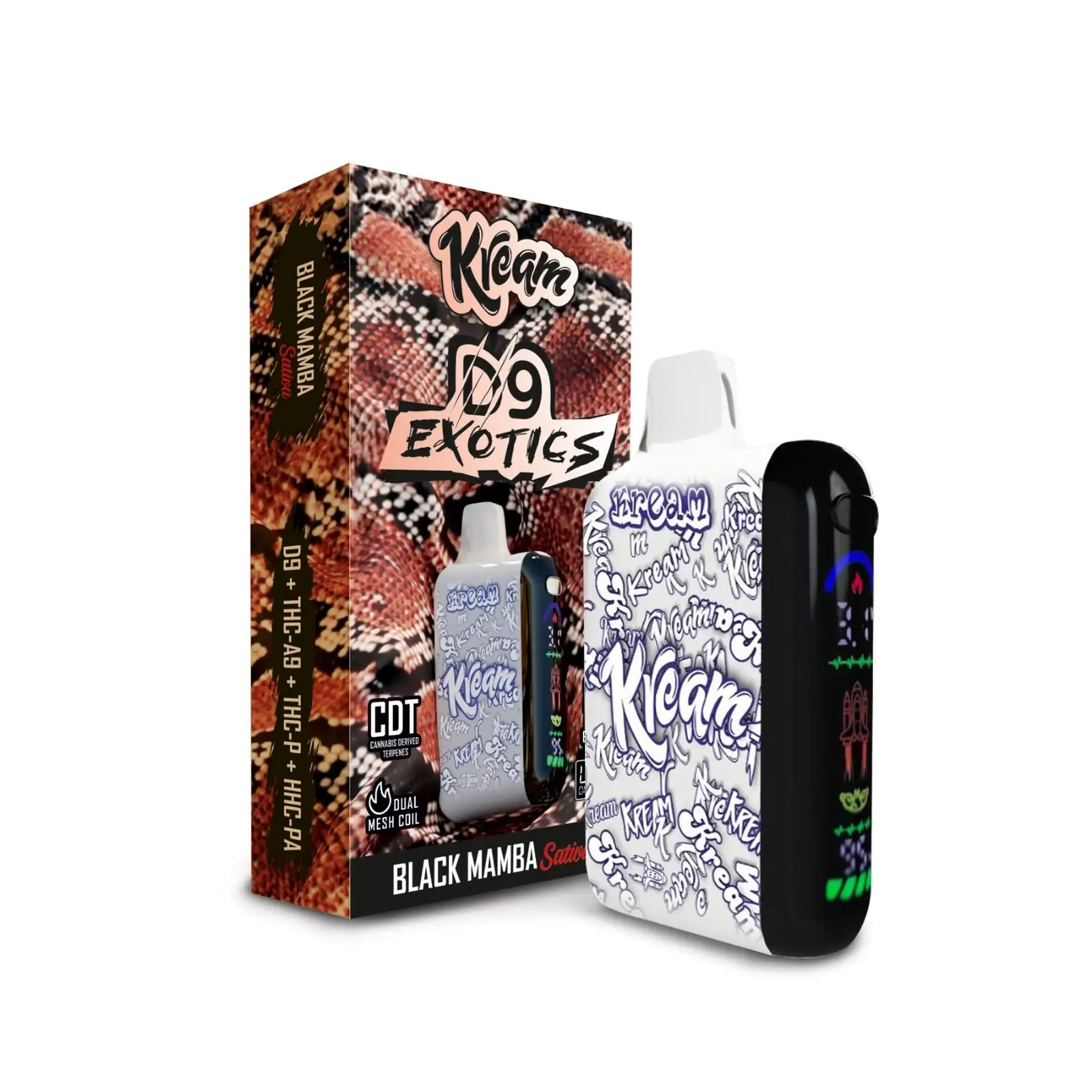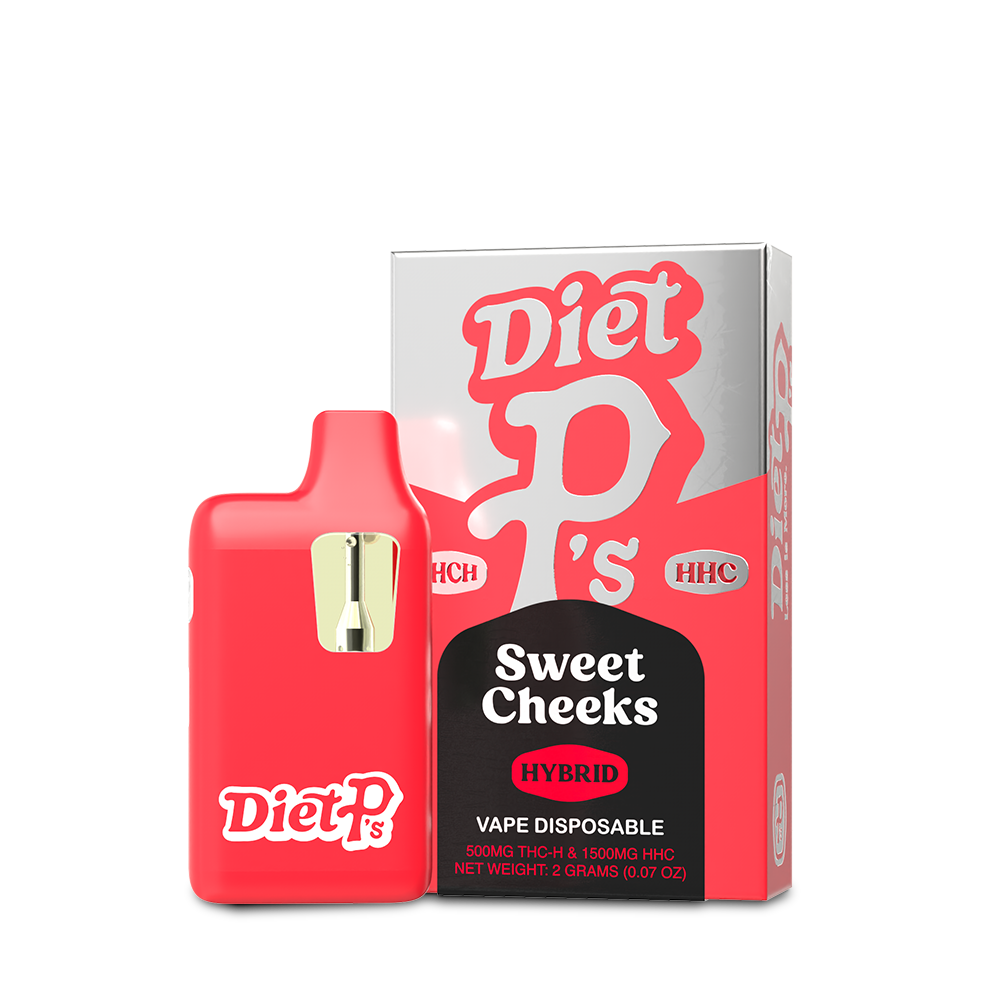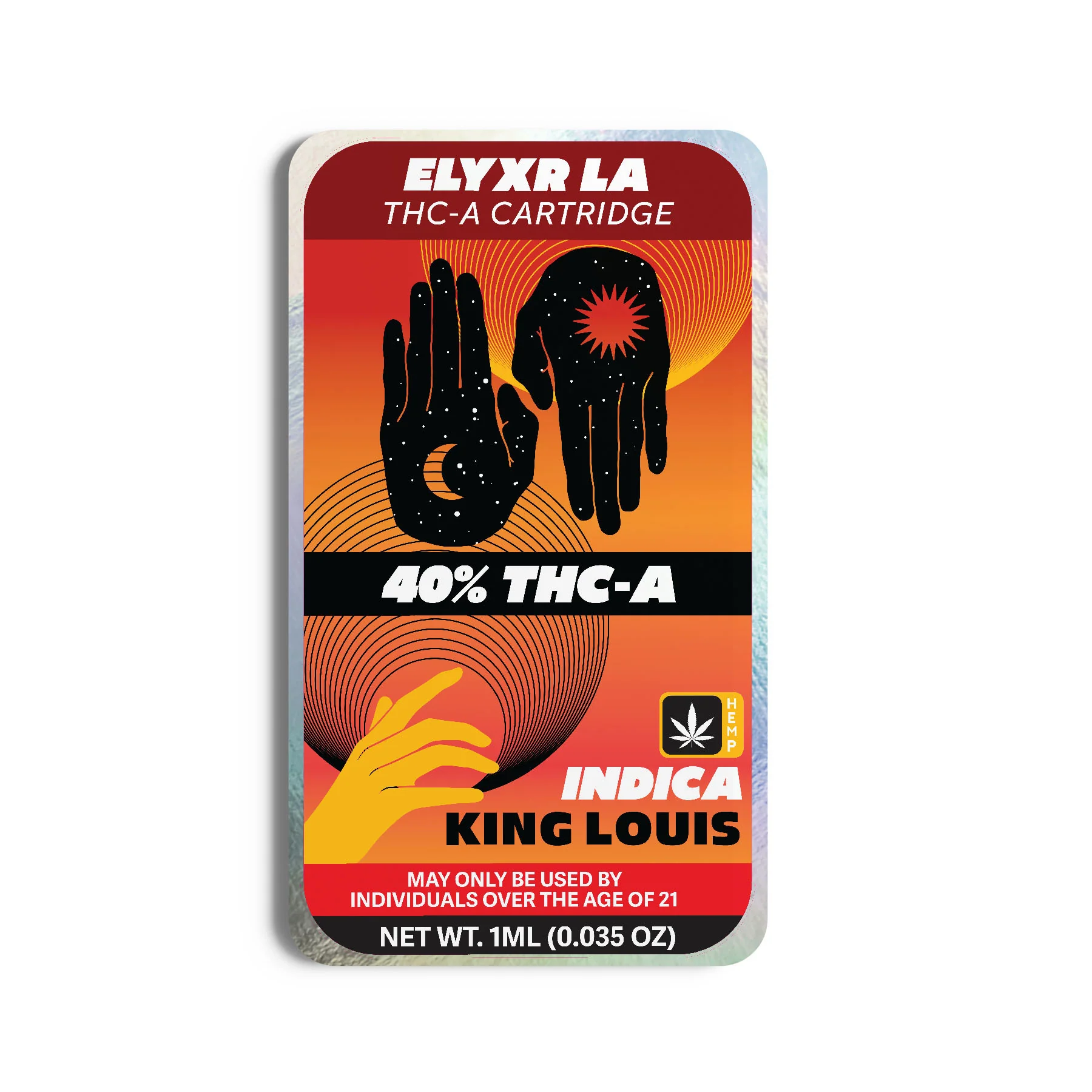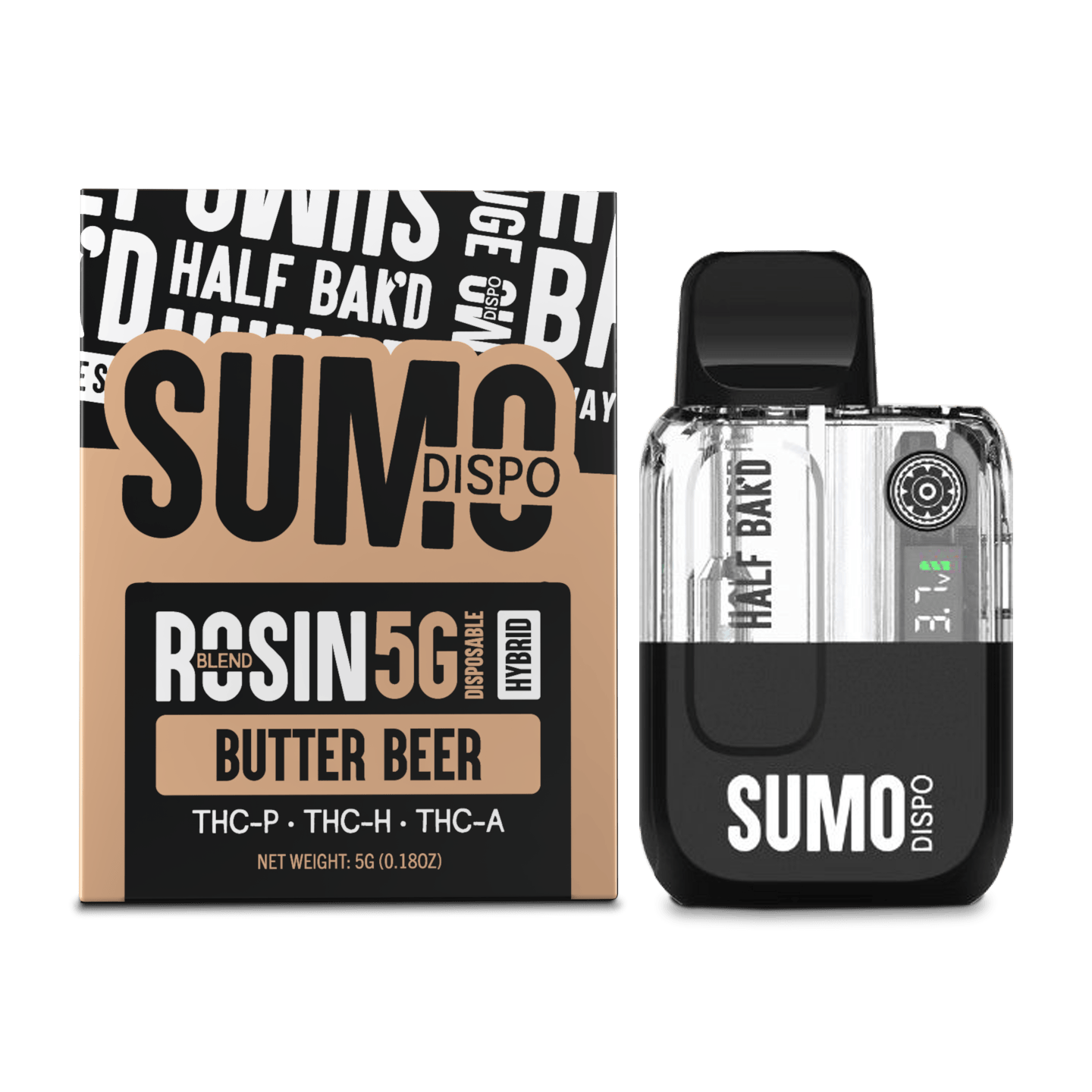When it comes to cannabinoids, it feels like every time you blink, a new THC variant makes headlines. Lately, one name popping up in the cannabis world is Delta 11 THC, a lesser known cannabinoid that’s generating a lot of curiosity among cannabis enthusiasts and researchers alike. The comparison of Delta 11 vs Delta 9 THC has become one of the hottest topics in the cannabis industry, as more people want to understand how this relatively new discovery stacks up against the classic psychoactive compound that started it all: Delta 9 THC.
While Delta 9 remains the best-known psychoactive cannabinoid, Delta 11 is emerging as a rare cannabinoid with some surprisingly potent effects. But what exactly are the key differences between them, and could this minor cannabinoid really rival the king of THC? Let’s dig into the science, the effects, and everything else you need to know about Delta 11 vs Delta 9.
What Is Delta 11 THC?
Delta 11 THC is a minor cannabinoid found in trace amounts within cannabis plants, though it’s typically produced through the chemical conversion of hemp derived cannabinoids. Because Delta 11 doesn’t exist naturally in high concentrations, it’s classified as a rare cannabinoid, often synthesized from hemp derived CBD through controlled lab processes.
What makes Delta 11 fascinating is its potential strength. Anecdotal evidence suggests it produces a more intense euphoria and longer-lasting high compared to Delta 9 THC, even at potentially lower doses. However, since this cannabinoid is still in the early stages of study, there’s more research needed to confirm exactly how it works within the body’s endocannabinoid system.
Despite its novelty, the fact that it’s hemp derived means Delta 11 is often considered federally legal under the 2018 Farm Bill—as long as it’s sourced from hemp containing less than 0.3% Delta 9 THC. Still, the cannabis laws around hemp derivatives are evolving fast, and not every state agrees on its legal status.
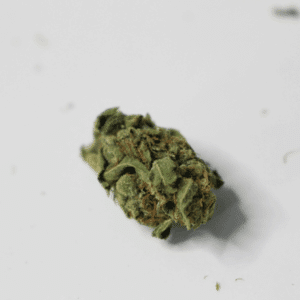
What Is Delta 9 THC?
If you’ve ever consumed cannabis and felt that familiar altered perception or wave of relaxation, that’s thanks to Delta 9 THC, the primary psychoactive compound in the marijuana plant. Delta 9 is naturally abundant, which is why it’s long been the standard for measuring THC potency in cannabis products.
As a naturally occurring compound, Delta 9 binds strongly to cannabinoid receptors—specifically CB1 receptors—in the brain and central nervous system, producing those well-known psychoactive effects such as intense euphoria, stress relief, pain relief, and increased appetite.
However, unlike its hemp-derived counterparts, Delta 9 THC is federally illegal at the federal level when present above 0.3% concentration in products. While many states have legalized it for recreational or medical cannabis use, it remains prohibited under federal law, creating a patchwork of cannabis laws across the country.
Chemical Structure: The Subtle Difference That Changes Everything
Both Delta 11 THC and Delta 9 THC share a similar chemical structure, but with a subtle difference: the position of the double bond in their molecular structure. For Delta 9, the double bond sits on the ninth carbon chain, while for Delta 11, it’s on the eleventh.
This slight rearrangement might seem trivial, but in the world of cannabinoid science, small structural changes can lead to dramatically different psychoactive effects. The altered bond changes how each cannabinoid interacts with the brain’s CB1 receptors, which affects potency, duration, and the overall “feel” of the high.
How Each Cannabinoid Interacts with the Body’s Endocannabinoid System
To understand Delta 11 vs Delta 9, you have to look at how each interacts with the body’s endocannabinoid system (ECS)—a vast network of receptors responsible for maintaining balance in everything from mood and appetite to sleep and pain perception.
Delta 9 THC binds efficiently to CB1 receptors in the brain, producing strong psychoactive effects that alter sensory processing, coordination, and mood. Delta 11 THC, though less studied, is thought to bind similarly but possibly more efficiently, leading to higher potency and longer-lasting effects.
This could explain why many users report that Delta 11 offers a more intense euphoria and smoother come-up than Delta 9. Still, since it’s a relatively new discovery, more research is needed to confirm how it behaves within the ECS.
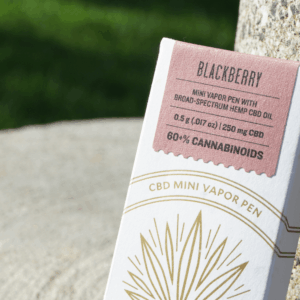
Potency: Which One Hits Harder?
When comparing Delta 11 vs Delta 9, potency is one of the biggest talking points. While Delta 9 THC has long been the benchmark for strong highs, early reports suggest that Delta 11 could be even stronger—sometimes delivering intense euphoria at potentially lower doses compared to traditional Delta 9.
This doesn’t necessarily mean Delta 11 is universally more potent; instead, its effects may hit differently due to how it’s metabolized. Users report that Delta 11 edibles or vapes feel more energetic, uplifting, and long-lasting, whereas Delta 9 tends to produce a balanced, well-rounded high.
The Type of High: Comparing Psychoactive Effects
When it comes to the psychoactive effects, there are clear differences between the two THC variants.
- Delta 9 THC delivers the classic cannabis experience—altered perception, deeper relaxation, heightened sensory perception, and an overall balanced blend of body and mind effects.
- Delta 11 THC, on the other hand, tends to feel a little more stimulating and cerebral. Many users describe it as a lighter, more euphoric high that doesn’t induce as much couch-lock but still provides similar psychoactive benefits.
The overall takeaway? Delta 11 might be perfect for those who want to feel clear-headed and functional while still experiencing the desired effects of THC.
Duration of Effects: Which Lasts Longer?
Anecdotally, Delta 11 tends to last longer. The average Delta 9 THC high lasts around two to three hours depending on dose and consumption method. In contrast, Delta 11 THC has been reported to linger for up to four or more hours, especially when consumed in edible form.
This could be due to how the cannabinoid interacts with enzymes in the liver, converting to thc metabolites that remain active for longer periods. Because of this, many users find Delta 11 products to have more endurance and more intense euphoria throughout the experience.
Methods of Consumption
Both Delta 11 and Delta 9 can be enjoyed in alternative forms—but availability varies.
- Delta 9 THC is most often found in cannabis products like flower, vapes, edibles, tinctures, and topicals derived from the marijuana plant.
- Delta 11 THC is primarily sold as a hemp derivative, available in vapes, gummies, or infused oils.
Because Delta 11 THC is hemp derived, it can be sold online or in states where Delta 9 remains prohibited. However, the effects will depend heavily on the product’s formulation and individual tolerance.
Potential Benefits of Delta 11 THC
Though research is limited, anecdotal evidence suggests Delta 11 THC may offer several potential benefits similar to other THC variants. These include:
- Stress relief and mood elevation
- Pain relief and muscle relaxation
- Increased appetite or appetite stimulation
- A sense of intense euphoria and mental clarity
While these claims come mostly from cannabis users and early observations, they align with how THC interacts with the ECS to influence mood, appetite, and relaxation. Still, since Delta 11 remains a minor cannabinoid, more research is needed to confirm its full therapeutic potential.
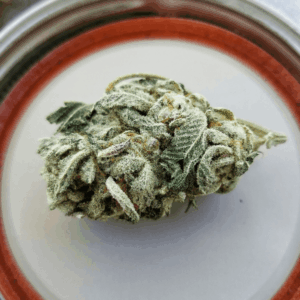
Potential Benefits of Delta 9 THC
Delta 9 THC, by contrast, has decades of documented study and proven therapeutic benefits. Its ability to promote appetite stimulation, provide pain relief, and help with stress relief makes it a cornerstone of medical cannabis programs.
It’s also been shown to help reduce nausea, improve sleep, and encourage relaxation for those struggling with chronic pain or anxiety. In fact, Delta 9 is so well-studied that synthetic versions of it—like dronabinol (Marinol)—are FDA-approved for specific conditions.
That said, Delta 9 THC can also produce negative effects at higher doses, such as paranoia, anxiety, or short-term memory impairment. This makes dosage control key for cannabis consumers seeking desired effects without discomfort.
Side Effects: What to Watch For
Both cannabinoids share a nearly identical side effect profile, mainly because they’re both psychoactive cannabinoids with a similar chemical structure.
Typical side effects include:
- Dry mouth
- Red eyes
- Anxiety or paranoia (especially at higher doses)
- Increased heart rate
- Short-term cognitive impairment
Since Delta 11 THC is a relatively new discovery, long-term effects aren’t fully understood. However, anecdotal evidence suggests its side effects mirror those of Delta 9 THC, just with potentially greater intensity for some individuals.
Is Delta 11 Stronger Than Delta 9?
It’s the question every curious cannabis user asks: is Delta 11 stronger than Delta 9? The short answer—maybe. Based on users report and early findings, Delta 11 can produce more intense euphoria or a longer-lasting high compared to Delta 9 THC.
That doesn’t necessarily mean it’s always better or more powerful—it depends on how each person’s central nervous system and metabolism respond. Some users find Delta 11 hits harder, while others say the high feels smoother and more manageable.
The key difference lies in how each cannabinoid interacts with the ECS, which determines how THC is processed and how long thc metabolites linger in your body.
Delta 11 vs Delta 9: Legal Differences
When it comes to legality, things get complicated. Delta 9 THC remains federally illegal at the federal level under the Controlled Substances Act, despite being naturally occurring in the marijuana plant. However, Delta 11 THC, when sourced from the hemp plant, falls into a gray area of legality.
Under the 2018 Farm Bill, hemp derived cannabinoids are federally legal if they contain less than 0.3% Delta 9 THC. That means Delta 11 products can technically be sold nationwide—unless restricted by state law.
As the cannabis industry continues to evolve, we’ll likely see changing interpretations of federal law, especially as hemp derivatives become more common.
Drug Testing: Will Delta 11 Show Up?
Here’s the catch: both Delta 9 and Delta 11 can cause you to fail drug tests. That’s because most tests don’t look for specific THC variants—they detect THC metabolites that remain in your system after use.
Since Delta 11 THC breaks down into similar thc metabolites as Delta 9 THC, many users who consume Delta 11 products will test positive just as they would after consuming marijuana. So, if you’re subject to regular testing, it’s best to avoid both cannabinoids altogether.
Safety and Quality Considerations
Because Delta 11 THC is a lesser known cannabinoid that’s often synthesized from hemp derivatives, product quality varies widely. Always check for third-party lab results that confirm purity, potency, and the absence of contaminants.
Unregulated products may contain leftover solvents or untested compounds. Stick to reputable cannabis brands that publish Certificates of Analysis (COAs) and source from verified hemp plant materials.
While Delta 9 THC products are typically better regulated in states with legal cannabis programs, hemp derived cannabinoids still fall under more flexible oversight, which makes consumer awareness essential.
How to Choose Between Delta 11 and Delta 9
Deciding between Delta 11 vs Delta 9 depends on what kind of experience you’re looking for.
- If you want a classic cannabis experience, go with Delta 9 THC. It’s well-studied, predictable, and available in countless cannabis products.
- If you’re curious about something new, Delta 11 THC might offer a refreshing twist—especially if you enjoy similar psychoactive benefits but want something slightly different in tone and duration.
New cannabis users might appreciate Delta 11’s smoother, cleaner onset, while seasoned cannabis consumers may prefer the consistency of Delta 9’s effects.

The Future of Delta 11 in the Cannabis Market
As the cannabis industry continues to innovate, Delta 11 THC represents just one of many new hemp derived cannabinoids shaping the next generation of cannabis products. Researchers are only beginning to understand its potential benefits and unique psychoactive effects, and as regulations catch up, we’ll likely see more studies validating (or clarifying) early user experiences.
With growing interest in minor cannabinoids, alternative forms of THC like Delta 11 will continue to play a role in diversifying cannabis offerings and giving consumers more personalized options.
Delta 11 vs Delta 9: Quick Comparison Chart
When comparing Delta 11 vs Delta 9, the two share many similarities, but several defining characteristics set them apart. To start, Delta 11 THC is typically hemp derived, while Delta 9 THC is a naturally occurring compound found abundantly in the marijuana plant. This difference in origin directly influences their legal status—Delta 11 exists in a federally legal gray area when sourced from hemp, whereas Delta 9 remains federally illegal above 0.3% concentration under current federal law.
In terms of potency, Delta 11 THC is often reported to be possibly stronger at lower doses, delivering intense euphoria and heightened clarity that many users say feels longer lasting than traditional Delta 9 effects. Meanwhile, Delta 9 THC serves as the standard benchmark for THC potency, offering a more balanced, familiar high that combines relaxation with mild altered perception.
Another key difference lies in availability. Delta 11 THC is mostly sold in hemp-derived vapes and edibles, while Delta 9 THC can be found in a much broader range of cannabis products, including flower, concentrates, tinctures, and topicals. Ultimately, both THC variants provide similar psychoactive benefits, but each brings its own personality to the experience—Delta 11 with its energizing and longer lasting high, and Delta 9 with its classic, reliable calm.
Final Thoughts: Is Delta 11 Worth Trying?
So, when it comes to Delta 11 vs Delta 9, the decision ultimately depends on your goals. If you’re a fan of exploring other cannabinoids and open to new experiences, Delta 11 is a fun, emerging option that might deliver more intense euphoria and longer-lasting psychoactive effects than what you’re used to.
For those who prefer a reliable, time-tested high, Delta 9 THC remains the undisputed classic—a naturally occurring compound that’s defined modern cannabis use.
Whichever you choose, remember: start low, go slow, and always buy from trusted sources. Both cannabinoids have their place in the ever-expanding cannabis industry, proving once again that even a subtle difference in molecular structure can completely redefine the THC experience.
Frequently Asked Questions
1. Can Delta 11 get you high?
Yes — Delta 11 THC can absolutely get you high. Like Delta 9 THC, it’s a psychoactive cannabinoid that interacts with the body’s endocannabinoid system, specifically the CB1 receptors in the brain, to produce classic THC effects such as altered perception, intense euphoria, and heightened sensory perception. Many cannabis users describe Delta 11 as delivering a more uplifting and longer lasting high, sometimes even at potentially lower doses compared to Delta 9. However, the experience can vary depending on your tolerance, the product type, and your body’s metabolism.
2. Is Delta 11 federally legal?
Technically, yes — but it’s complicated. Delta 11 THC is generally considered federally legal when it’s hemp derived and contains less than 0.3% Delta 9 THC, according to the 2018 Farm Bill. However, some states have introduced their own cannabis laws that restrict or ban hemp derived cannabinoids, including Delta 11. So, while it may be legal at the federal level, its legal status ultimately depends on where you live. Always check your local regulations before buying or consuming Delta 11 products.
3. Which is stronger, delta 8 or delta 11?
When comparing Delta 8 vs Delta 11, most cannabis enthusiasts agree that Delta 11 is stronger. Delta 8 THC is known for its mild, relaxing high that’s often described as less intense and more body-focused. Delta 11 THC, on the other hand, tends to produce more intense euphoria and stronger psychoactive effects that feel closer to, or even stronger than, Delta 9 THC. That said, more research is needed to fully understand the difference in potency between these THC variants, and your personal experience will depend on factors like dosage and tolerance.
4. Is there a Delta 11?
Yes — Delta 11 is a real minor cannabinoid that’s been identified in cannabis plants, though only in trace amounts. Because it doesn’t exist naturally in large quantities, most Delta 11 THC products on the market are made through the conversion of hemp derived CBD or other hemp derivatives. It’s a relatively new discovery in the cannabis industry, but it’s quickly gaining attention for its potent effects and potential to provide similar psychoactive benefits as Delta 9. As more research unfolds, we’ll learn even more about how this rare cannabinoid works and what makes it stand out from other cannabinoids.




